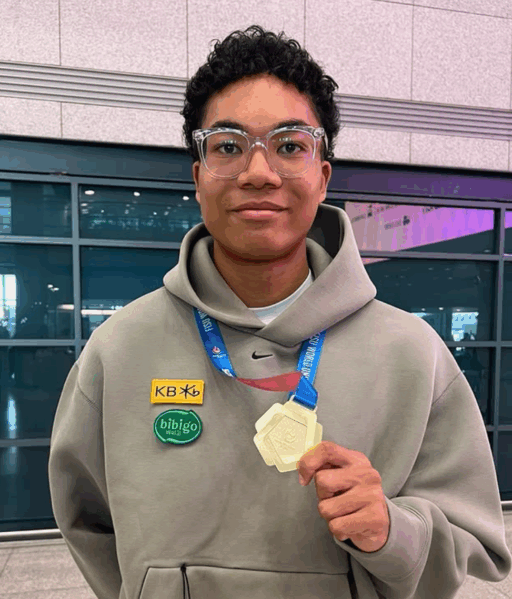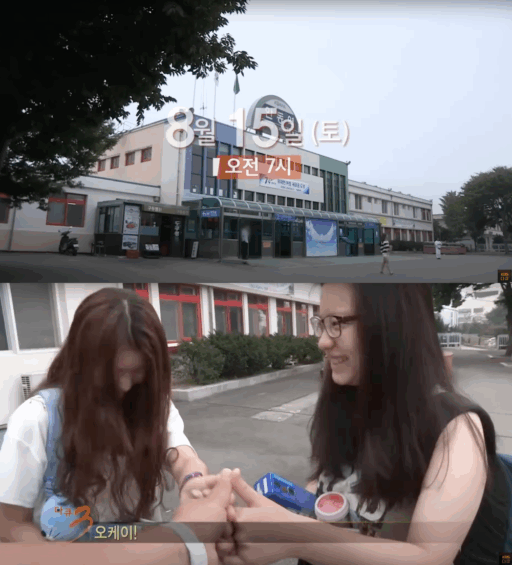Decision for Medical Students' Return: Controversy over Privileges and the Task of Educational Normalization
Medical students who had refused to attend classes for a year and a half in opposition to the increase in medical school enrollment will return to their studies starting this August as part of remedial measures.
Thanks to the decision by the government and university presidents, medical students will be able to resume their studies from the second semester of this year. Additionally, resident doctors are expected to return in September, which is anticipated to resolve the medical gap that has persisted since February of last year.
However, as it has become known that taxpayer money will be used for the additional national medical examination, public backlash has intensified. There is growing concern over fairness, particularly as many patients have suffered due to the medical gap, while medical students are set to return without facing significant disadvantages.
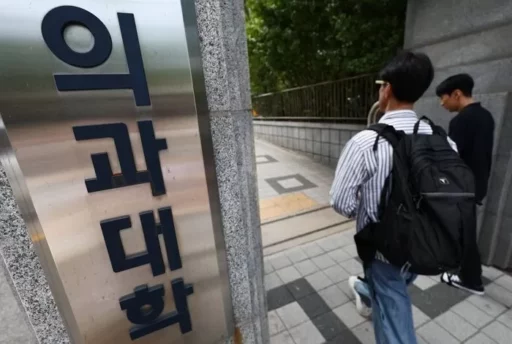
According to the medical community on the 29th, nearly 8,000 at-risk medical students will retain their grading status but will be allowed to attend classes again through unprecedented special measures.
The educational curriculum will be shortened from the existing six years to five years and six months. Moreover, to prevent a gap in the output of physicians, fourth-year students expecting to graduate in August 2026, and third-year students expecting to graduate in August 2027, will be given additional opportunities to take the national medical examination.
Returning medical students for the second semester must utilize the break to make up for credits missed from the first semester, which has also sparked controversy.
Some medical schools, such as Kyung Hee University and Wonkwang University, have decided to allow online classes to replace first-semester classes over a short period, or defer the judgment on whether students will be held back until after final exams, providing certain conveniences.
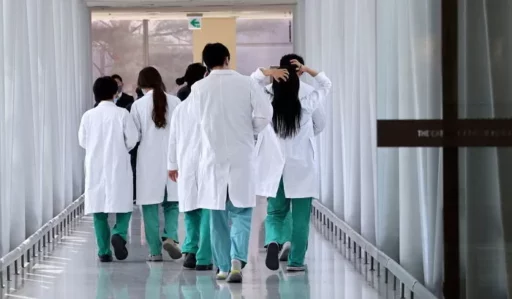
According to the 'Medical Education Accreditation Standards' by the Korea Institute of Medical Education and Evaluation, medical students must complete a total of 52 weeks of clinical practice, amounting to 36 hours per week, to qualify for graduation and sit for the national medical examination.
While this may be seen as an unavoidable measure for the normalization of medical education, there are concerns that the method of recognizing attendance through video playback is unlikely to guarantee effective learning.
An even bigger issue is the potential conflict between students who return early and those who are now coming back. Some hardline medical students have referred to those not participating in collective actions as 'mandarins,' threatening retaliation.
In fact, numerous incidents have occurred during this period of conflict in the medical profession, where students returning early have been stigmatized and harassed, leading to police investigations.
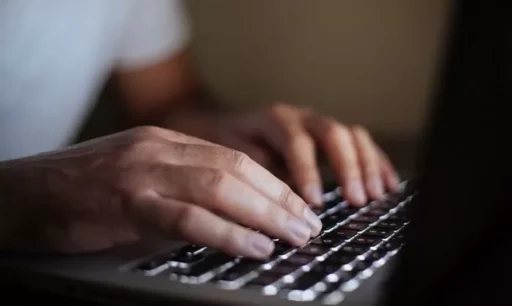
Recently, numerous threatening posts such as "Returning medical students, watch out. I will show you what hell is" have appeared in the medical community forum 'MediStaff.'
There is also a possibility that negative practices, such as refusing to share exam answer sheets with early-returning medical students, might resurface. The Ministry of Education recommended that universities establish a 'question bank platform' to improve the culture around answer sharing last month, but progress has been slow due to preparations for the second semester.
Public opinion regarding the returning medical students is not favorable. A petition titled "Opposition to Special Privileges Granted to Medical Students and Residents" submitted to the National Assembly on the 17th has garnered over 77,140 signatures by 3:40 PM on the 29th.
This petition exceeded 50,000 signatures by the 22nd and was referred to the Health and Welfare Committee of the National Assembly on the 23rd. The petitioner pointed out, "If those who halted education and training through extreme collective action are allowed to return without facing any responsibility, similar types of resistance will continue to occur."
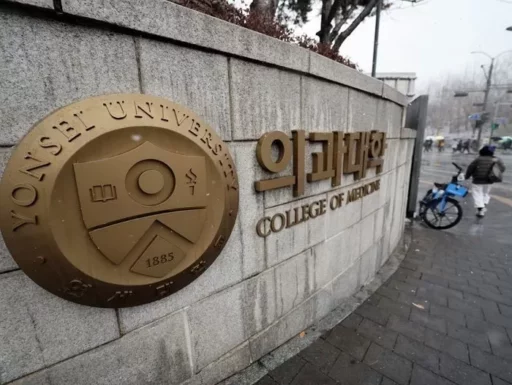
The Ministry of Education has expressed support for medical students, stating, "We must embrace the wounds of the students."
Yeon-Hee Kyu, a spokesperson for the Ministry of Education, said in a regular briefing, "For the past year and a half, the public, universities, and students have gone through a difficult time, and we have all lost time." She added, "Rather than labeling it as a privilege, it would be better to focus on the education of the students."
The medical community is also supporting the students, stating that "the label of 'privilege' only leaves more scars and damage."
The National Association of Medical School Professors (NAMSP) stated, "Medical students have been contemplating their social responsibilities for over a year, and now they are ready to take the first steps toward returning and recovering," expressing hope for greater understanding and empathy.
Image Source: Material images to aid in understanding the article / News1, Material images to aid in understanding the article / gettyimagesbank
